Perfecting the law on education
According to the report of the Party Cell of the Legal Department, the work of building and enforcing laws in the field of education and training in Vietnam has achieved many important achievements, creating a solid legal corridor for the development of the sector, especially in the context of fundamental and comprehensive innovation in education and international integration. Advances in digital transformation, application of artificial intelligence (AI), and enhancing the position of higher education in the international arena are bright spots, showing the adaptability and growth of the education sector.
However, the legal system on education still faces many challenges, especially in resolving shortcomings related to the teaching staff, management of non-public education and specialized schools, as well as delays in concretizing legal regulations. These issues require attention and synchronous solutions to ensure that the law is truly a lever for development.
To meet the requirements of national development in the new era, with rapid changes in science and technology and global integration, the Department of Legal Affairs believes that the completion of education laws should focus on completing the legal framework on teachers; promoting digital transformation and AI application with a pioneering legal framework; enhancing international integration, legal harmonization and internalization of international standards; promptly promulgating the Law on Lifelong Learning, ensuring fairness in access to education and sustainable education development.
Being proactive, flexible and determined in the work of building and implementing laws on education is a key factor helping Vietnam overcome challenges, take advantage of opportunities and make education truly a top national policy, adequately meeting the requirements of national development in the new era.

Developing the teaching staff
According to the report of the Party Cell of the Department of Teachers and Educational Managers, with the attention and leadership of the Party Committee of the Ministry of Education and Training, the participation and coordination of local Party committees and authorities, over the past 5 years, the team of managers, teachers and lecturers across the country has been continuously improved in both quantity and quality.
The rate of qualified and above-standard teachers has increased gradually over the years. Regular training and coaching for the 2018 General Education Program has been implemented seriously and systematically. Support and remuneration policies have been given attention, especially for teachers in remote and border areas. The planning, training and development of management staff has been implemented in an open manner, ensuring continuity and development.
To continue building a team of teachers with strong political will, good expertise, sufficient quantity, and reasonable structure, the Party Cell of the Department of Teachers and Educational Managers proposes key solutions.
It emphasizes the full institutionalization of the Party and State's policies on teachers, especially the policy that "teachers' salaries are ranked highest in the administrative salary scale system". There are special preferential policies for talented teachers in particularly disadvantaged areas; there are separate regulations on selective staff reduction, not mechanical reduction.
Allocate enough teachers according to the prescribed quota. Have a funding mechanism to contract teachers when the allocated number of teachers is not enough according to the quota. Increase investment in education to ensure development resources and improve the quality of the team. At the same time, increase the autonomy of the education sector, including unifying the focal point for recruiting, mobilizing, and transferring teachers to the education sector; attracting talented people; developing a team of leading experts participating both inside and outside the education sector.
Empower teachers to conduct scientific research and transfer scientific research products in accordance with the provisions of law on scientific research and intellectual property; participate in the management and operation of enterprises established by higher education institutions operating in the fields of scientific development, application and technology transfer; and be given maximum conditions to participate in learning and improve their capacity.
Encourage domestic and international academic exchanges, especially in the fields of science, technology and basic science; simplify procedures to attract domestic and foreign experts to teach.
Increase autonomy for training institutions by delegating the right to recruit, train, evaluate, and pay salaries based on capacity and results to universities and colleges; remove policy bottlenecks, promote communication, and information transparency. Promote the application of technology and digital transformation in teaching, management, and regular training; promptly develop a strategy for applying science and technology to serve the development of teachers' careers.
Localities and educational institutions need to clearly define their roles and responsibilities in developing the teaching staff; must innovate their methods and internal policies to develop and plan the teaching staff; prepare early and create all conditions for teachers to participate in training activities to improve the capacity of the teaching staff.
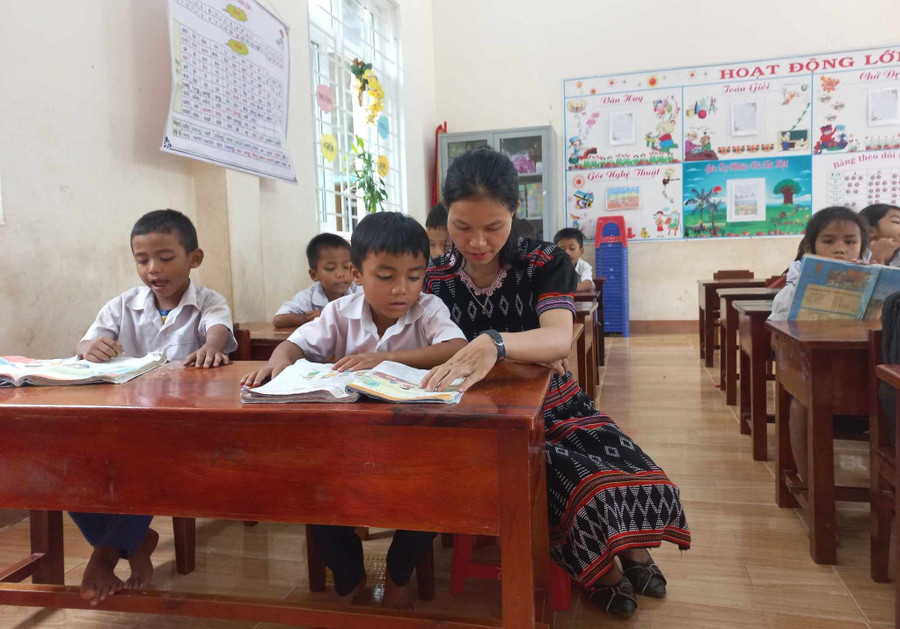
Technical human resource training
In the context that Vietnam is entering a period of transforming its growth model based on innovation, high technology and the digital economy, developing and implementing solutions to improve the quality of human resource training in the STEM industry groups has become an urgent task.
Emphasizing this, the report of the Party Cell of the Department of Higher Education pointed out that higher education faces two important tasks. The first is to train enough high-quality human resources for technology sectors serving economic and social development (semiconductors, high-speed railways, advanced materials, biotechnology, etc.).
The second is to be ready to provide human resources to welcome the wave of emerging technology industries. This is both a challenge and an opportunity for our country to enter the era of advanced science and technology.
Currently, our country's human resources in the technical and technological sector are mainly concentrated in a number of fields such as information technology and automation equipment manufacturing industry. The scale of training human resources in the scientific and technical sectors is still lower than that of some countries that have escaped the middle-income trap.
According to statistics from the Department of Higher Education, the current training scale of the mathematics and science and technology (STEM) group has 685,794 undergraduate students, 21,620 graduate students and 3,501 doctoral students (academic year 2024 - 2025).
From practice, the Party Cell of the Department of Higher Education has proposed solutions to improve the quality of training in the field of technical technology. Accordingly, policies and mechanisms have been issued to attract students to study natural sciences right from high school.
Combined with general education focusing on natural sciences and technology from primary to secondary school, arousing students' passion for learning. Building a national target program with a policy of exempting and reducing tuition fees for students in high-tech fields.
Investment must be focused and key in each phase. Priority investment in science, technology and engineering sectors includes: artificial intelligence, semiconductors, computer science, data, high-speed railways, smart urban architecture, cyber security, green energy, energy storage technology, smart monitoring technology, smart maritime equipment, breeding technology, biology and smart agriculture...
Improve the quality of admission. One of the proposed solutions is to recruit students in accordance with the standard requirements of training programs for science and technology majors. For high-tech and engineering majors, additional specialized assessment tools are needed (for example: Mathematical logic, basic programming thinking skills, etc.). At the same time, it is necessary to set a threshold to ensure the quality of admission for engineering and technology majors.
Establish a special scholarship fund for national excellent students, students majoring in Mathematics - Physics - Chemistry - Information Technology who choose to study engineering technology at leading technology universities. Implement a policy of committing to post-graduation employment for engineering - technology students if they achieve good academic results.
Along with that, innovate programs, training activities and facilities. University training programs are constantly updated, focusing on practical experience through projects, internships and cooperation with businesses. Design interdisciplinary training programs to equip students with diverse knowledge and skills, meeting the requirements of the labor market... Invest in synchronous facilities with a system of modern laboratories, smart practice workshops, and digital simulation tools.
Improve the quality of the teaching staff with a priority policy of training and developing a team of good experts to access world technology; recruit prestigious scientists in the world to work in Vietnam; retrain, update new knowledge, modern pedagogical skills, periodically update new knowledge in specialized fields and advanced pedagogical skills... There is a policy of sponsoring lecturers to participate in international training courses, internships at high-tech enterprises...
Promoting digital transformation in education is also an important solution. Accordingly, developing a digital university model using digital technology, digital data, and online platforms to organize, manage, teach, learn, evaluate, and develop human resources. Increasing the application of information technology in teaching, learning, and management...
Focus on university-research-enterprise linkages. Establish a three-way cooperation network to co-design programs, organize internship semesters and fund research. Develop investment policies and mechanisms for research and development, considering this a key factor to promote innovation. Establish specialized high-tech research centers and institutes to concentrate resources, create a favorable working environment, and promote "triple-party" research and development.
Solutions related to monitoring, evaluating and improving quality, it is necessary to develop a separate set of evaluation criteria for the engineering industry based on international standards and world science and technology associations. Establish an advisory board from businesses to participate in building content and assessing the quality of training programs. Apply a cycle of quality assessment to periodically improve the engineering training program based on feedback from students and businesses. Finally, it is necessary to pay attention to educating labor discipline right at school.
Breakthrough in developing highly skilled human resources
Sharing solutions to create breakthroughs in developing highly skilled human resources, the report of the Party Committee of the Department of Vocational Education and Continuing Education emphasized the need for strong and breakthrough policies and strategies. In particular, priority should be given to promptly amending and supplementing the Law on Education, the Law on Vocational Education, and the Law on Higher Education to create a legal corridor for innovation and development of vocational education.
Positioning vocational education as an important part of the national education system and human resource development. Forming a diverse, open, flexible, and accessible vocational education system for people to meet the needs of lifelong learning, adapting to rapid changes in technology and the labor market.
At the same time, comprehensively reform the vocational education program. Supplement regulations on standards in vocational education, including: Standards on teachers' training qualifications, standards on vocational education institutions, and standards on training programs. Continue to review and arrange vocational education institutions to ensure rationality and synchronization with the arrangement and empowerment of administrative units at all levels, connecting with production planning.
Standardize and modernize facilities, equipment, and training means; strongly apply digital technology in training. Form training and practice centers for high-tech and new technologies, key industries, smart manufacturing, etc.
Supplementing regulations on enterprises playing a particularly important role in vocational education. Promoting extensive cooperation between schools and enterprises in vocational education, especially in integrating training, practice, actual production and technical services. Focusing on developing a team of teachers, experts, vocational trainers and managers. Having attractive policies to attract, train and foster high-quality managers, teachers, vocational trainers and experts, approaching the standards of advanced countries.
It is also necessary to increase resources and improve investment efficiency for vocational education, especially for training high-quality human resources, key and spearhead industries and occupations. There are policies to encourage and support lifelong learning and skill development for people; create job opportunities, evaluate and appoint professional titles, and promote learners. Proactively and actively integrate internationally in vocational education.
Strengthening propaganda and education work, raising awareness and responsibility for innovation and development of vocational education; eliminating the inferiority complex that this is an inferior path. Improving the effectiveness and efficiency of State management; enhancing the autonomy of vocational education institutions, strengthening State inspection and supervision work, building a self-inspection and supervision mechanism of vocational education institutions...
Effective and sustainable application of technology in education
The development of artificial intelligence (AI), big data, cloud computing and digital technology platforms has been reshaping the entire socio-economic life. Education, as the foundation of sustainable development, cannot stand outside this process. In fact, countries leading in digital transformation of education and AI application not only significantly improve the quality of teaching and learning, but also enhance the effectiveness of administration, personalize learning activities and create an innovative, flexible and integrated educational ecosystem.
For Vietnam, Resolution No. 57-NQ/TW, dated December 22, 2024, of the Politburo identified the development of science, technology, innovation and digital transformation as one of three strategic breakthroughs, in which education and training is considered a priority area. To implement this Resolution, the Government issued Resolution No. 71/NQ-CP, dated April 1, 2025, and requested the Ministry of Education and Training to proactively develop an action plan and actively promote innovative solutions for management and teaching based on technology, data and artificial intelligence.
To promote the application of AI and digital technology effectively and sustainably, the Department of Science, Technology and Information recommends that it is necessary to complete the legal framework and policies for digital transformation and AI application in education. Issue legal documents clearly stipulating the legal value, usage procedures, and information security related to educational data, electronic transcripts, and electronic diplomas; and develop a code of conduct for AI in education.
Develop a national strategy/plan on AI in education by 2030; clearly define phase-by-phase goals, priority tasks and specific implementation roadmap. Develop modern, sector-wide integrated education infrastructure and database; complete the National Database on Education and Training; build a Smart Monitoring and Operation Center to improve the effectiveness of monitoring and supporting operations of the Ministry of Education and Training.
Focus on training digital and AI capacity for teachers and managers. Develop a national program to train digital skills and AI capacity in the next 5 years; mobilize the participation of pedagogical schools, technology enterprises and international organizations. Develop domestic digital platforms and AI tools to serve Vietnamese education.
The Ministry of Education and Training needs to report to the Government to immediately place orders for domestic enterprises to research and develop tools such as: Smart digital learning materials warehouse, virtual assistant for each teacher, virtual tutor for each high school student.
This implementation requires close cooperation from higher education institutions, especially pedagogical and technical schools, in research, testing, and implementation. Raising awareness and communicating about AI and digital transformation throughout the industry and society, thereby building a culture of using digital technology and AI safely, effectively, and sustainably is also an issue that needs attention and implementation.
To meet new requirements, higher education institutions need to quickly become regional research and innovation centers, linked to regional and local economic development. Vocational education needs to meet the needs of retraining, upgrading skills, and career transition for a large-scale workforce.
Preschool and general education continue to play a fundamental role in guiding the comprehensive development of human beings in terms of intelligence, morality, physical strength, and culture. The requirements for institutional innovation, administrative reform, national digital transformation, and improving the effectiveness and efficiency of the State apparatus continue to place strong pressure on innovation in the education sector.
Source: https://giaoducthoidai.vn/dong-bo-giai-phap-nang-cao-chat-luong-giao-duc-dao-tao-trong-ky-nguyen-moi-post745004.html




![[Photo] Prime Minister Pham Minh Chinh chairs the conference to review the 2024-2025 school year and deploy tasks for the 2025-2026 school year.](https://vstatic.vietnam.vn/vietnam/resource/IMAGE/2025/8/22/2ca5ed79ce6a46a1ac7706a42cefafae)
![[Photo] President Luong Cuong receives delegation of the Youth Committee of the Liberal Democratic Party of Japan](https://vstatic.vietnam.vn/vietnam/resource/IMAGE/2025/8/22/2632d7f5cf4f4a8e90ce5f5e1989194a)

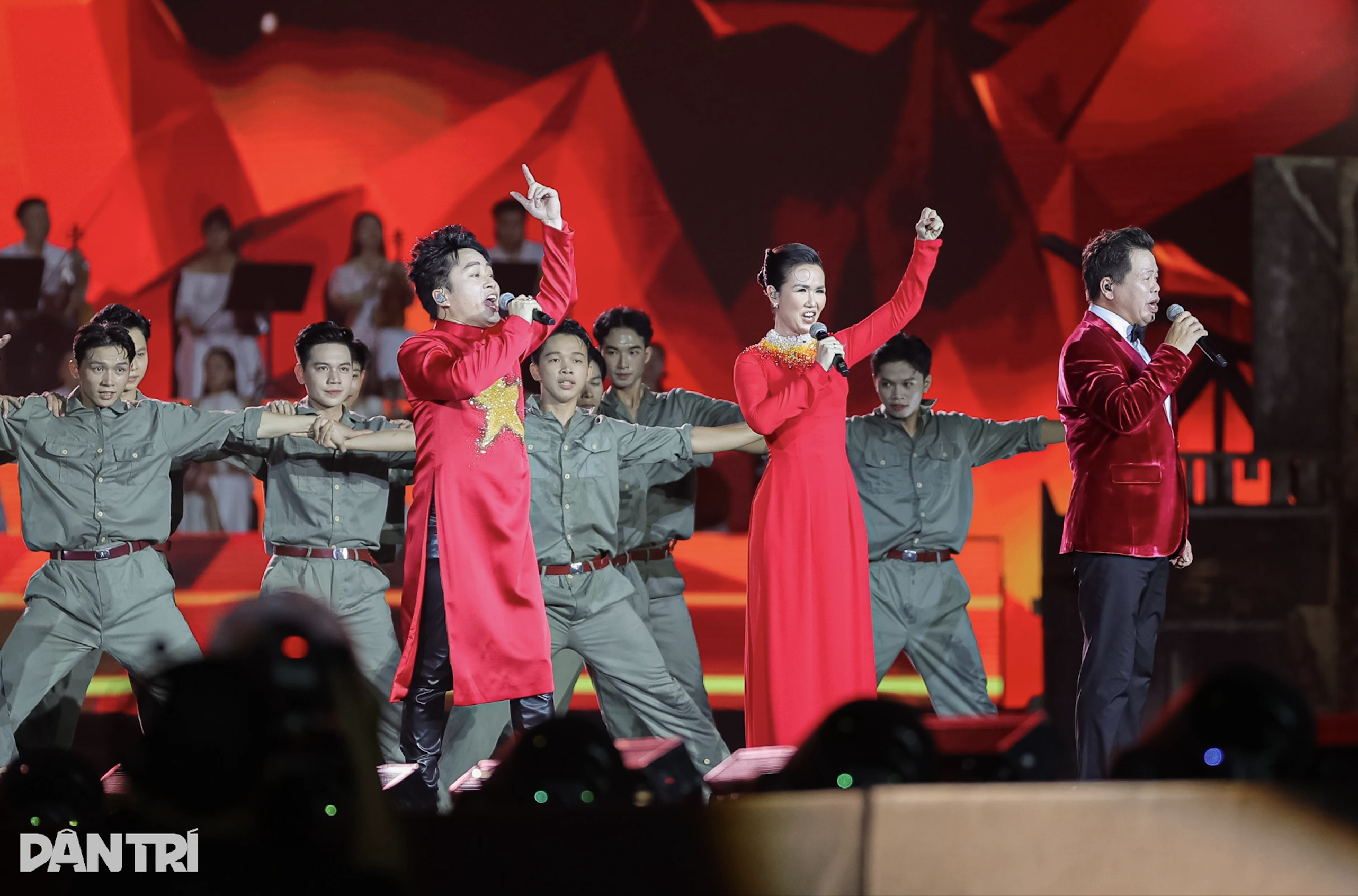

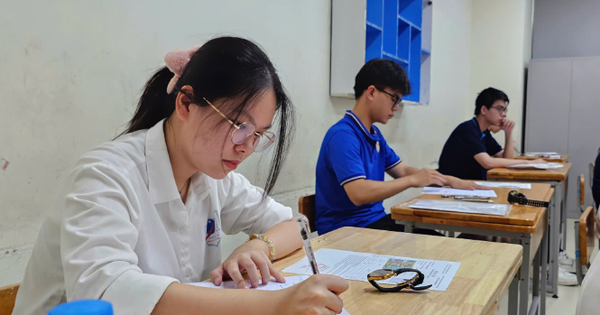

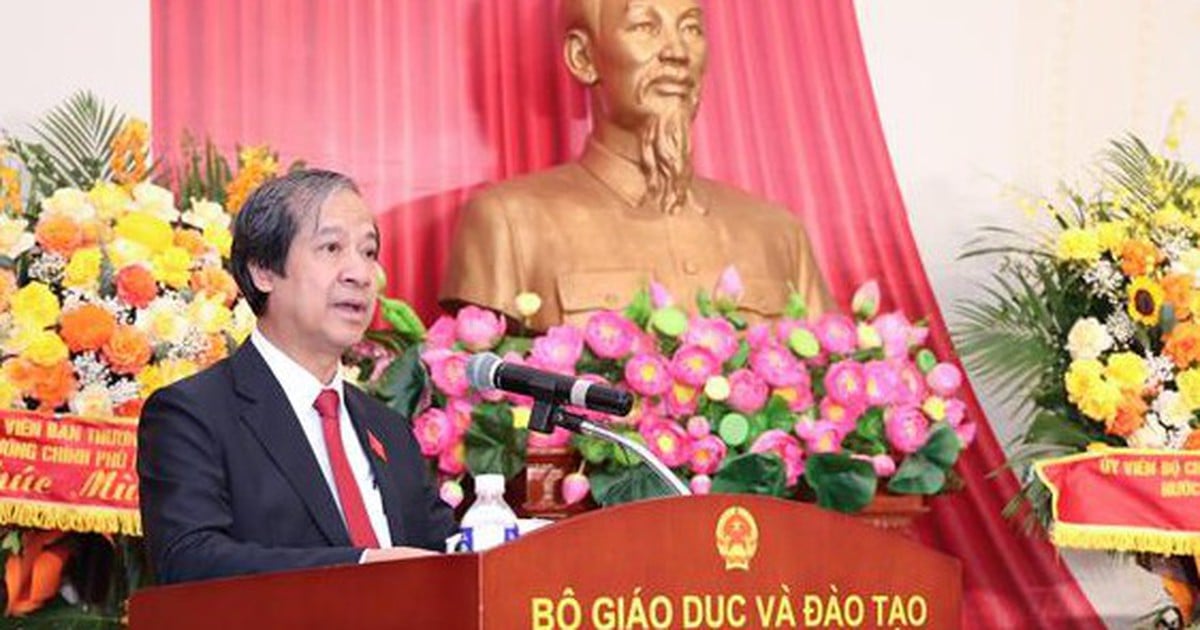

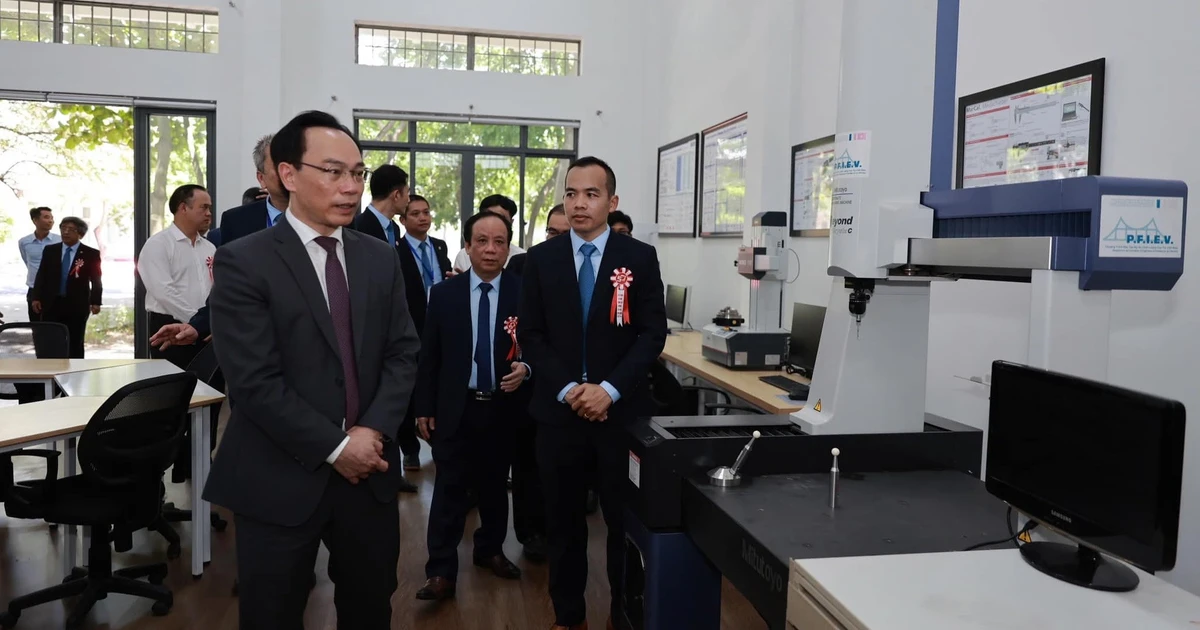
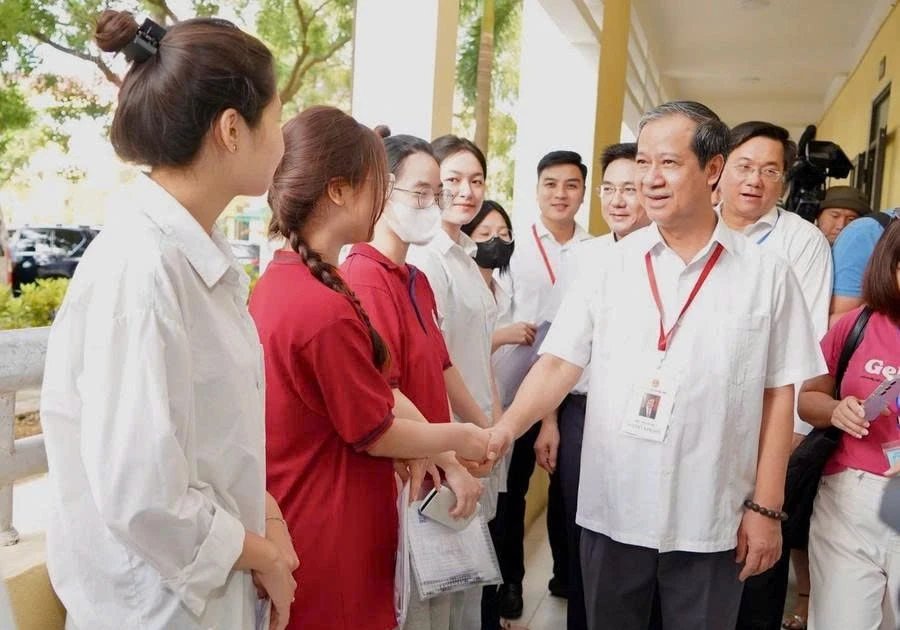
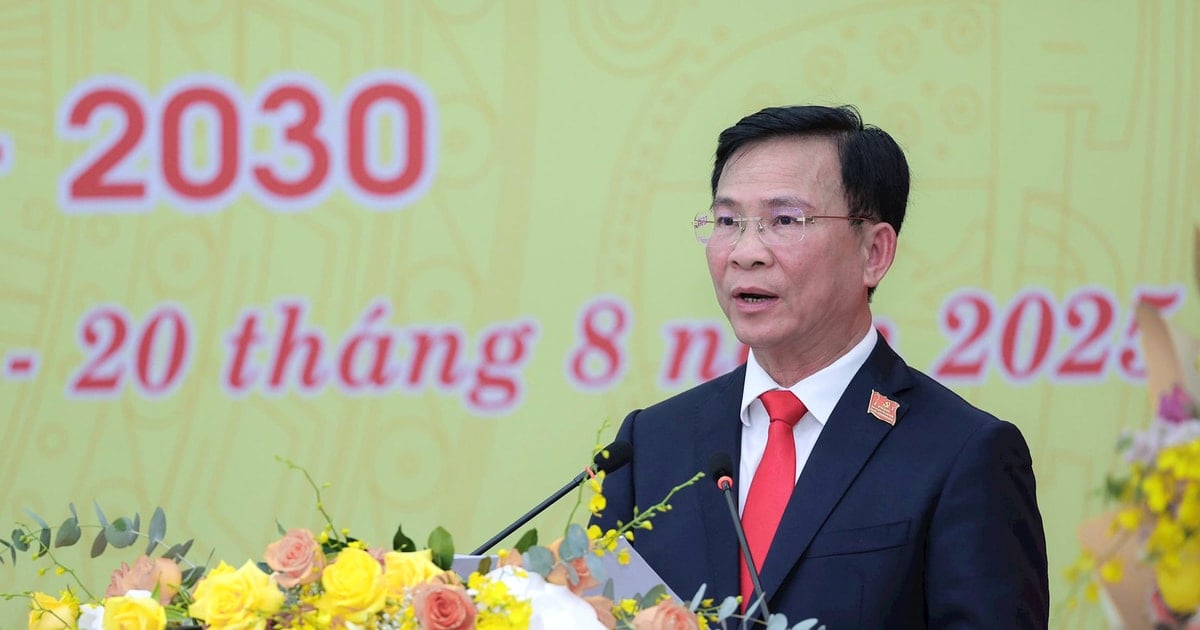

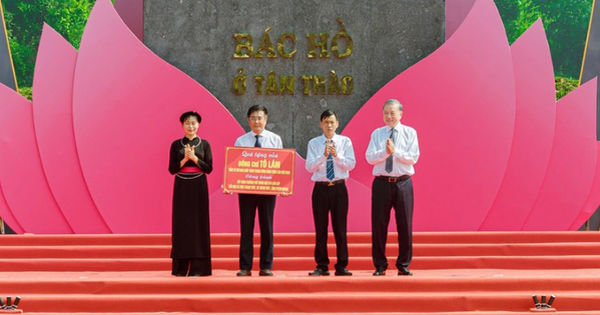
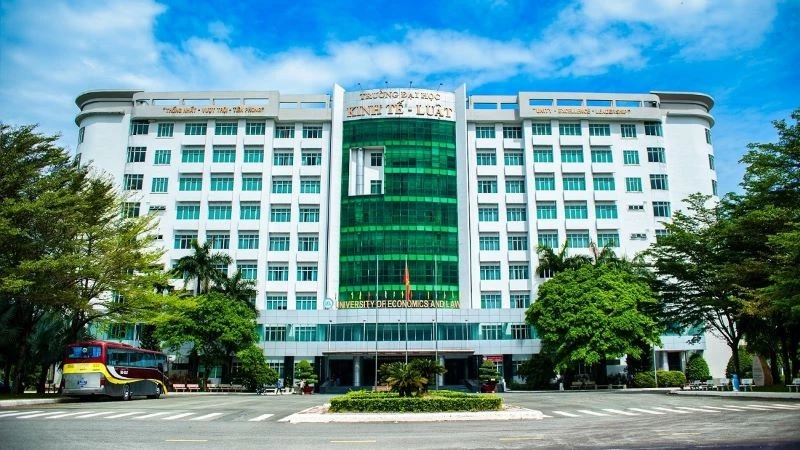





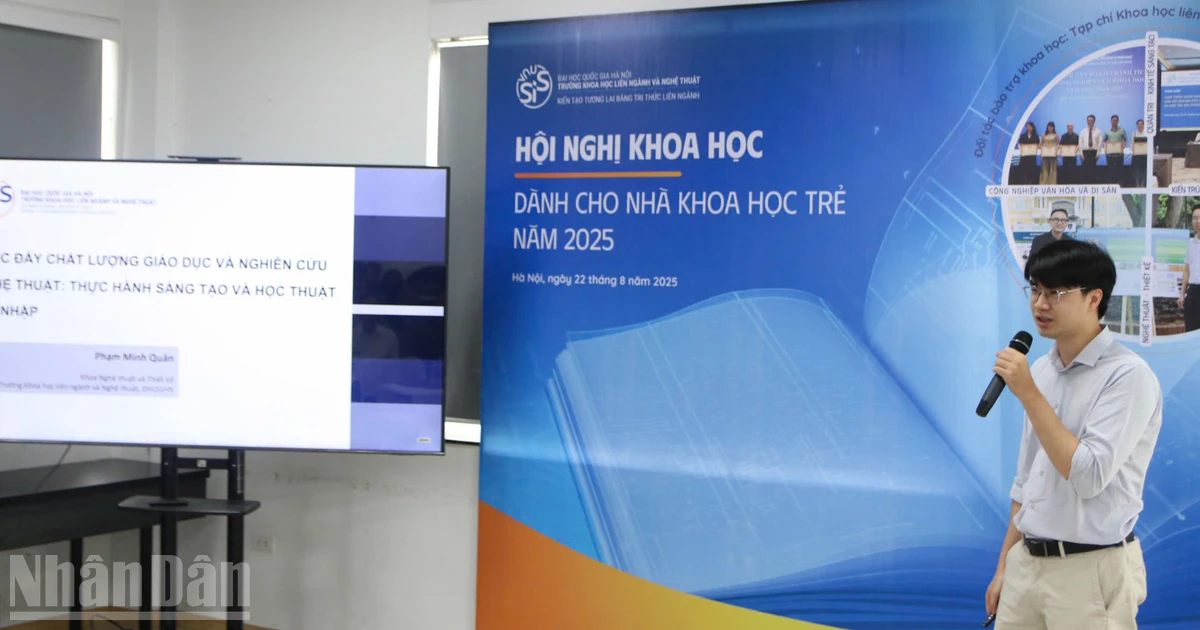

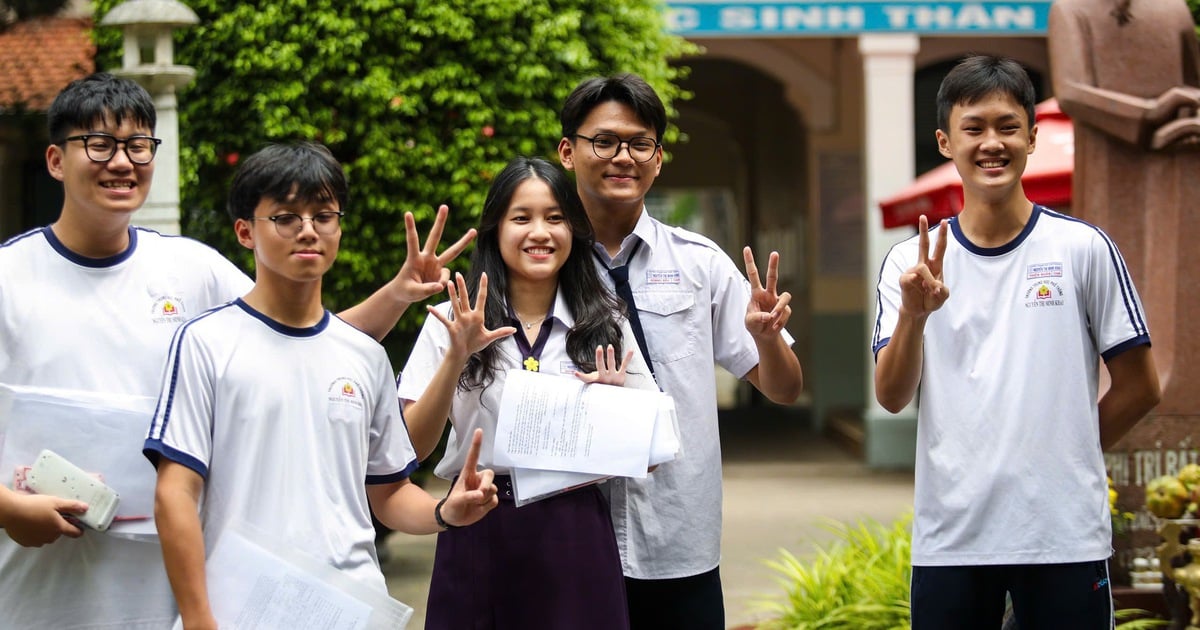



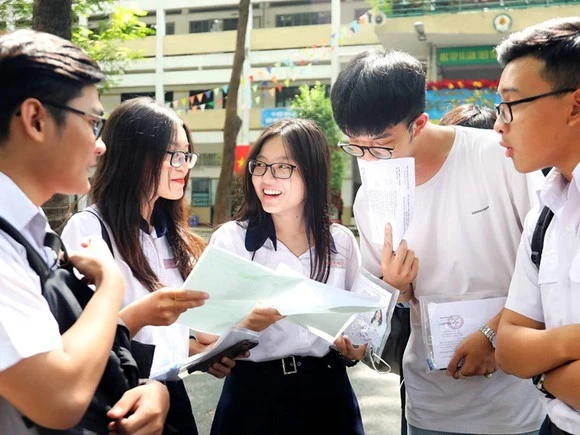
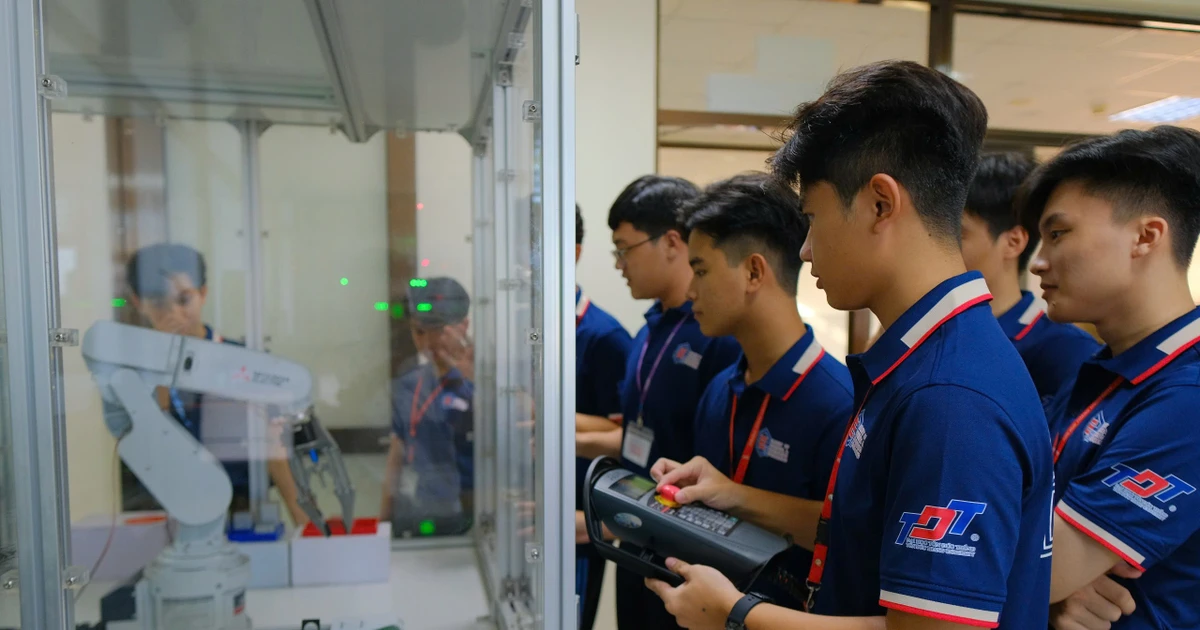
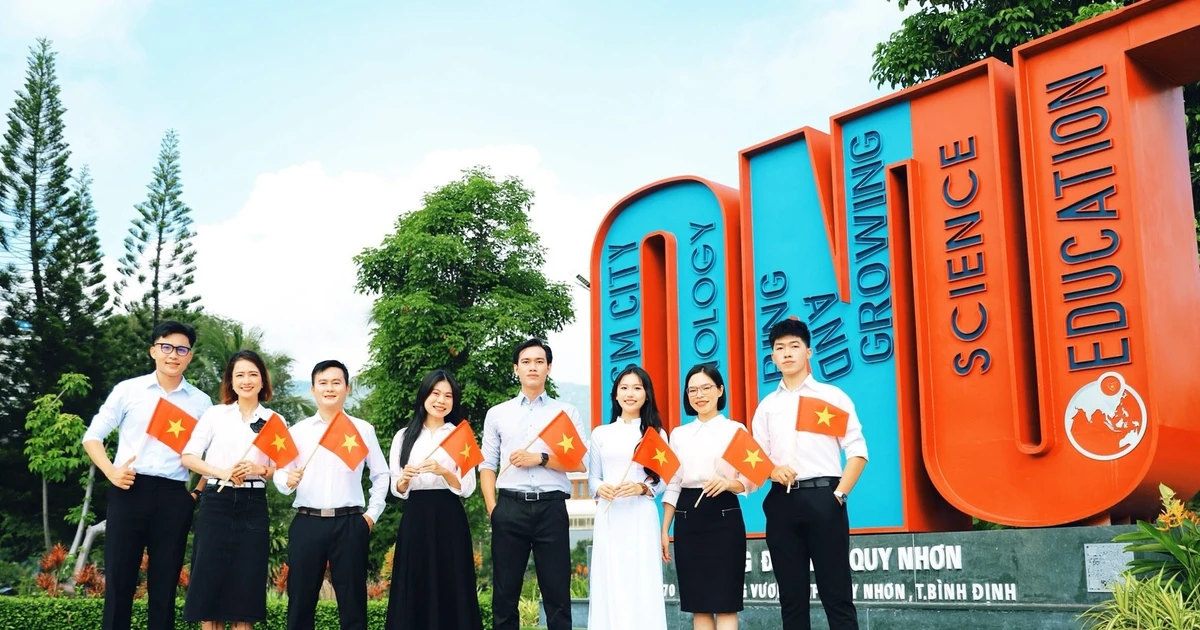

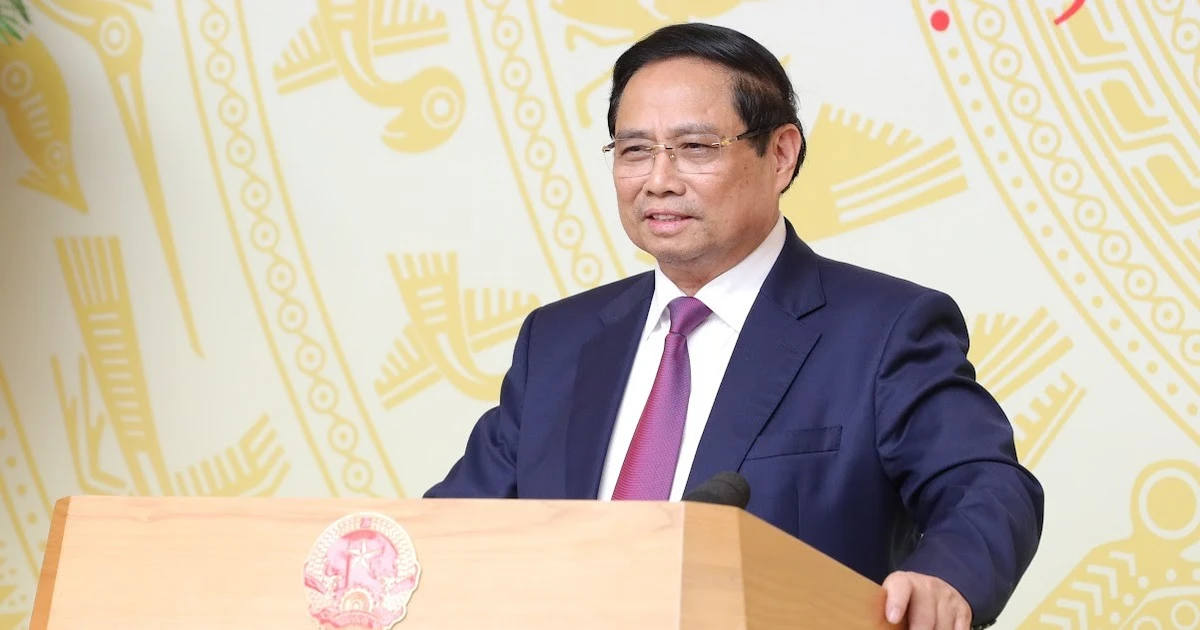
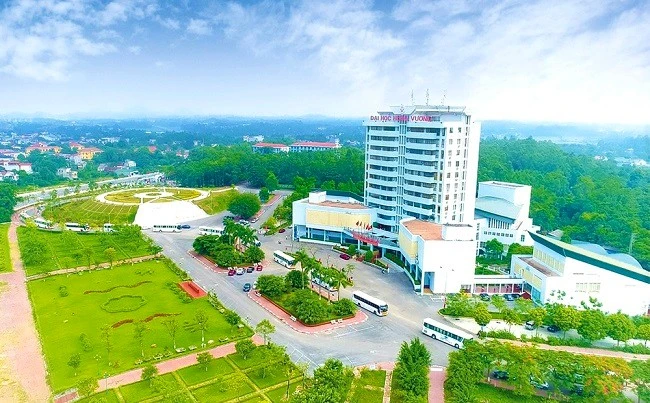







































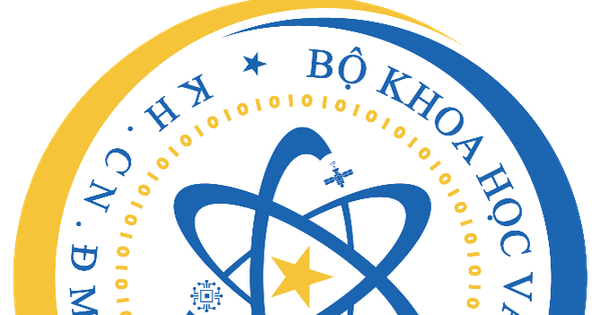


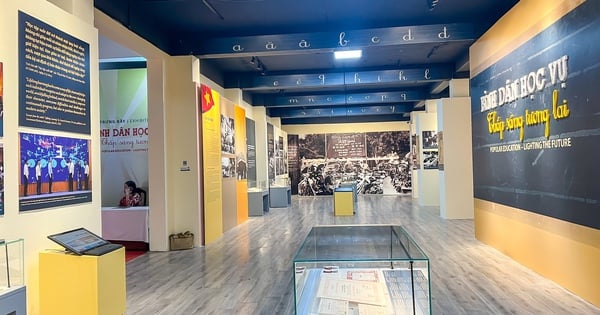
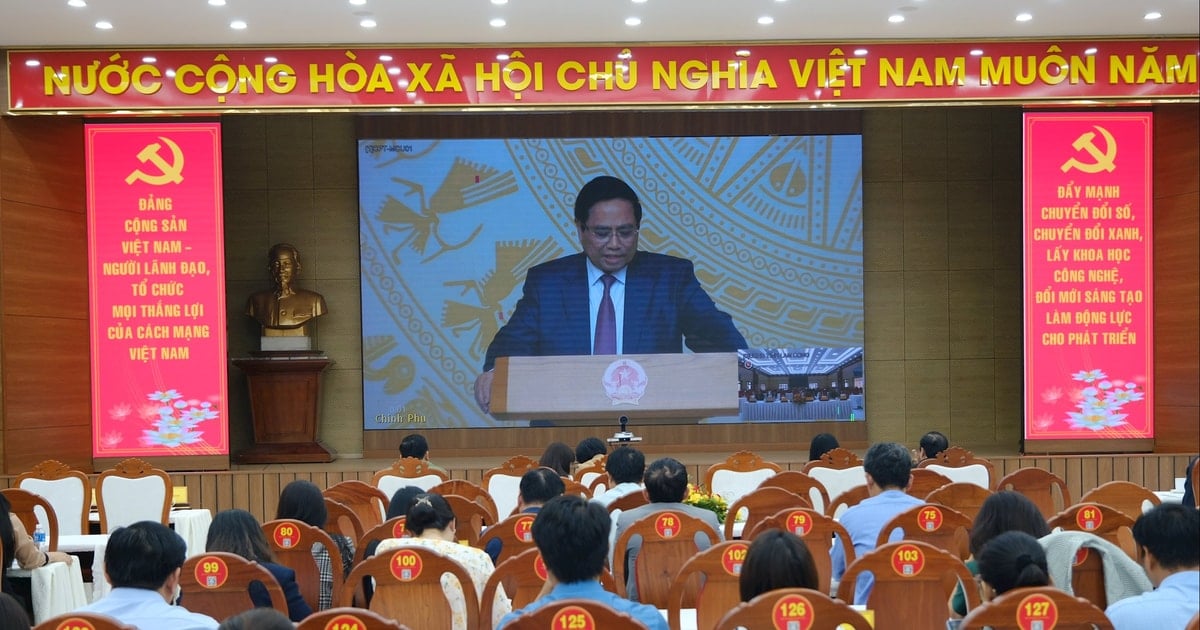
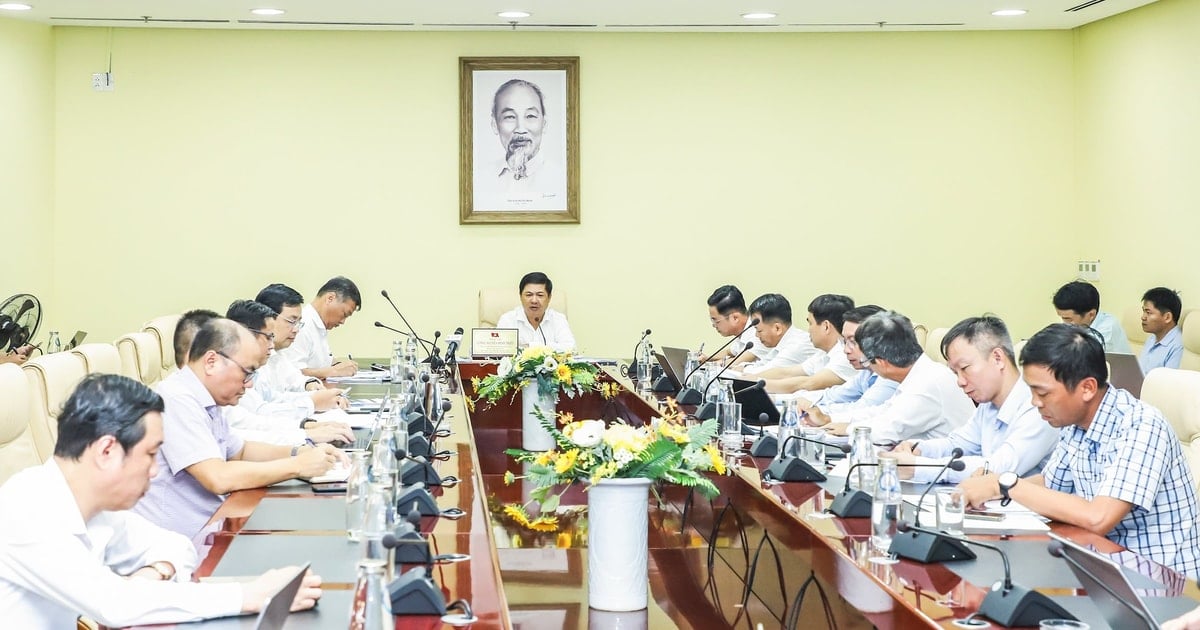

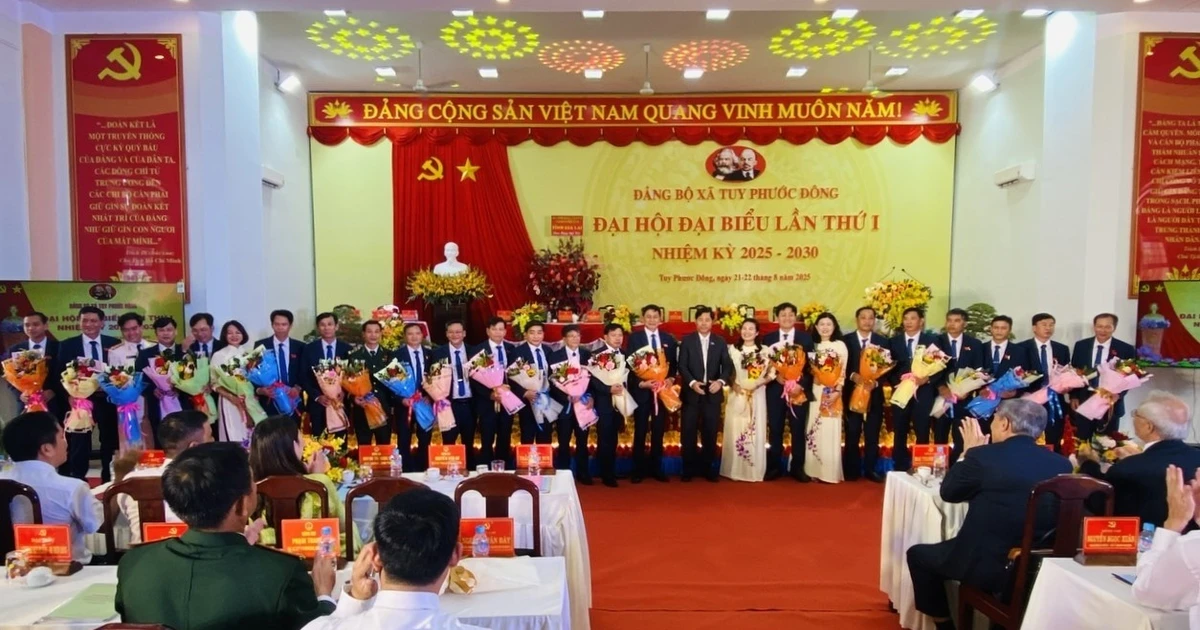

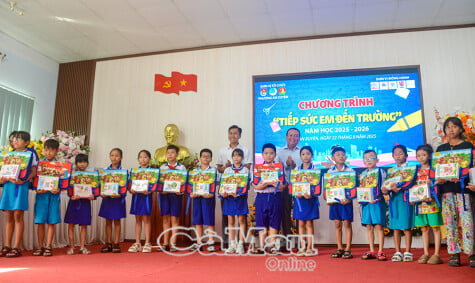

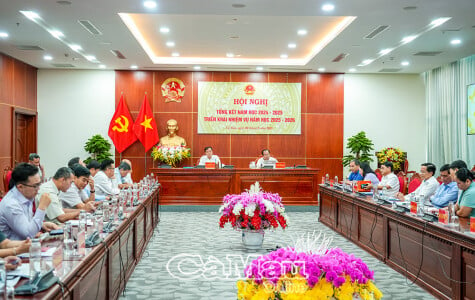
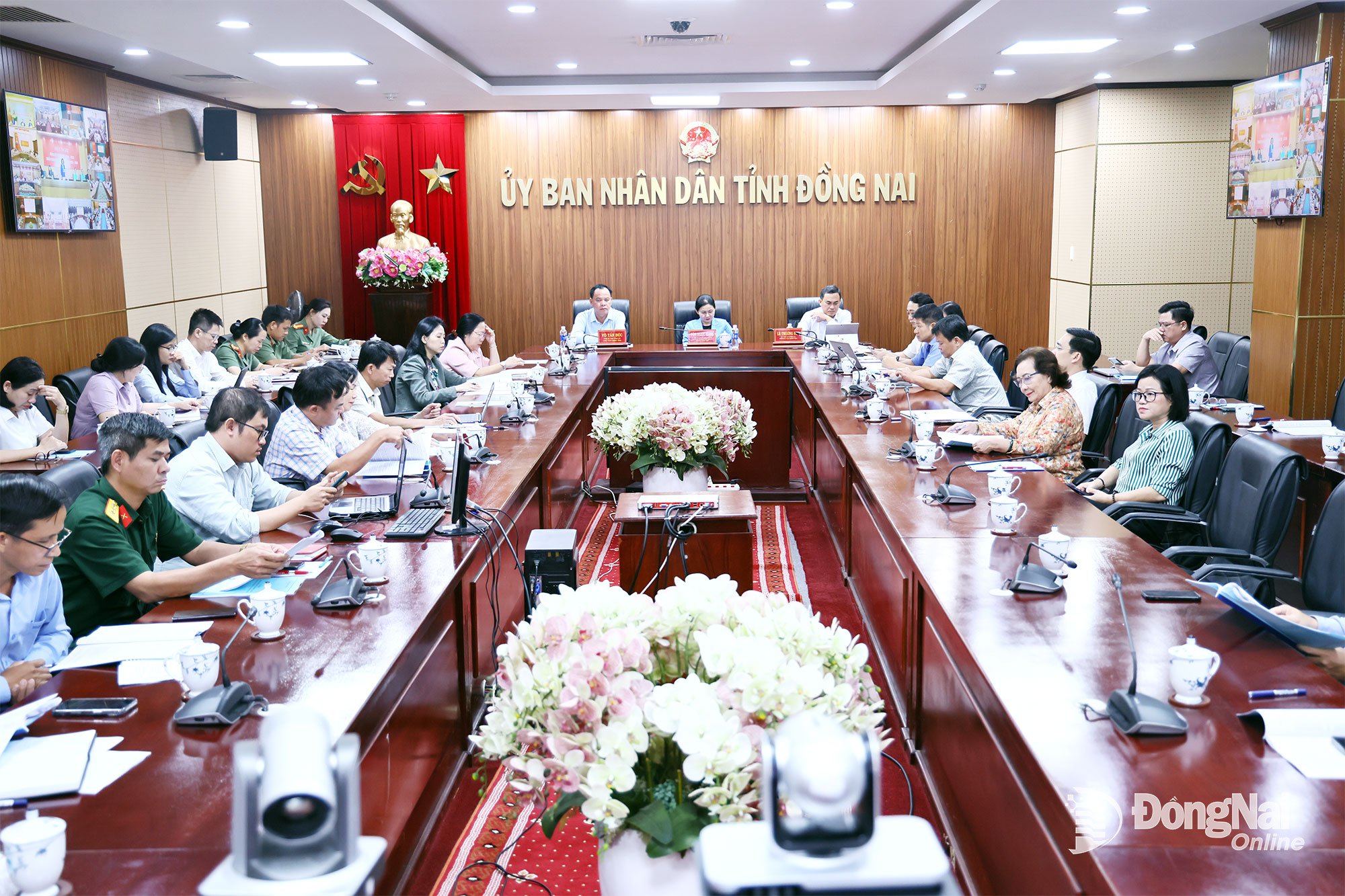















Comment (0)